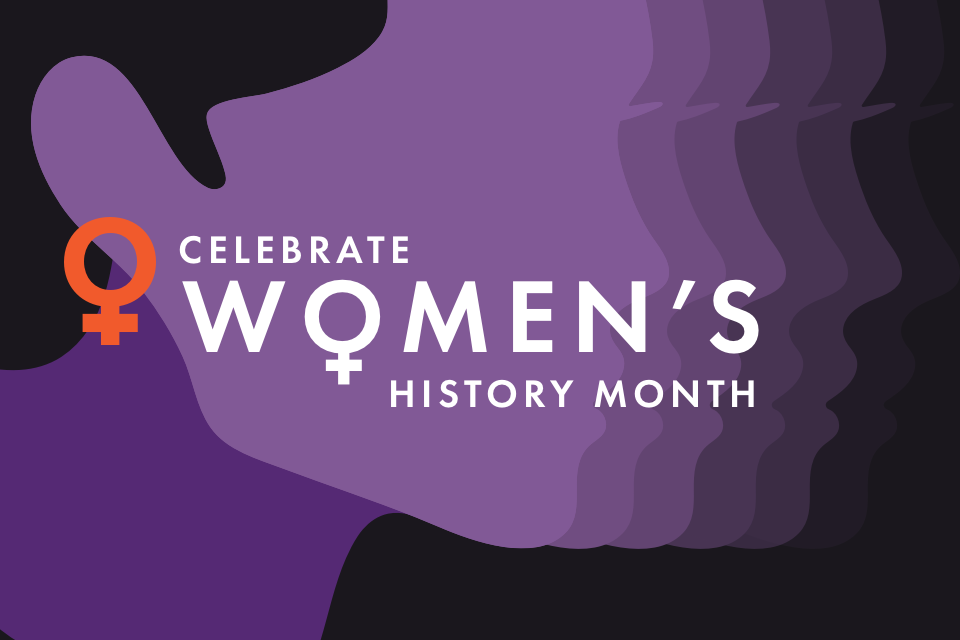It’s March. The motivation you had for your New Year’s Resolution is waning. Spring is coming and you want to lose a few pounds fast.
Maybe you go online to find a “quick fix” or maybe a friend has lost five pounds on a quirky new diet you are thinking of trying to mimic. Well, here’s a strong word of advice from the professionals at VIDA Fitness, beware of Fad Diets.
What is a fad diet?
A fad diet is a diet that becomes popular for a short time, similar to fads in fashion, without being a standard dietary recommendation, and often making pseudoscientific or unreasonable claims for fast weight loss or health improvements. Fad diets are not supported by clinical research and their health recommendations are not peer-reviewed; thus they often make unsubstantiated statements about health and disease.
So, if you are being promised short-term changes requiring little to no effort or the loss of a specific amount of weight in a matter of days, know that you may have come upon a fad diet, and you should think twice.
What’s so bad about fad diets?
A lot. First and foremost, most fad diets are the opposite of healthy. Many could actually be harmful to your health, metabolism, and your long-term ability to remain at a weight that’s good for your body.
5 warning signs of a fad diet
No long-term plan
If a diet lasts only a certain number of days, or until you reach your weight loss goal, you won’t be learning behaviors to help maintain that loss, and you’ll likely gain it right back.
Since most people who diet gain their weight back within five years, you need a plan that you can stick to long-term and involves not just the number on the scale, but your holistic and long-term health.
Eliminates Food Groups
Eating the same few items over and over restricts your body from what it needs. This could result in health problems, skin problems, and mood problems. Every human body needs a balance of protein, fruits, and vegetables to operate efficiently. If a diet has you eliminating food groups or nutritional sources, avoid it.
Does not involve “real food”
Some fad diets require meal replacement products such as protein powders or weight loss bars or even diet pills and supplements. You should obtain your daily nutrients from the foods that you eat, not pills or powders. If you can’t put it in your mouth and chew it, skip it.
Calorie Restriction
You’ll likely lose weight if you severely restrict your calories, but this extreme approach is unhealthy and unsustainable. Calories are the fuel your body needs to function. Speak with a VIDA Registered Dietitian to sort out calorie intake and what’s healthy for you.
Exercise Restriction
This is a very big red flag. You need physical activity to remain healthy, period. Any weight loss plan that suggests that you stop exercising flies in the face of all things healthy and should be discarded immediately.
A proper nutrition plan should include three main things:
- A variety of fruits, vegetables, whole grains, dairy lean protein, and nuts and seeds
- Physical activity
- Your plan should be sustainable over time.
There’s no finish line when it comes to proper nutrition. Stick to this winning formula make healthy choices daily and avoid the need for quick fixes. For more information or advice on creating a nutrition plan, contact a VIDA Registered Dietitian.








